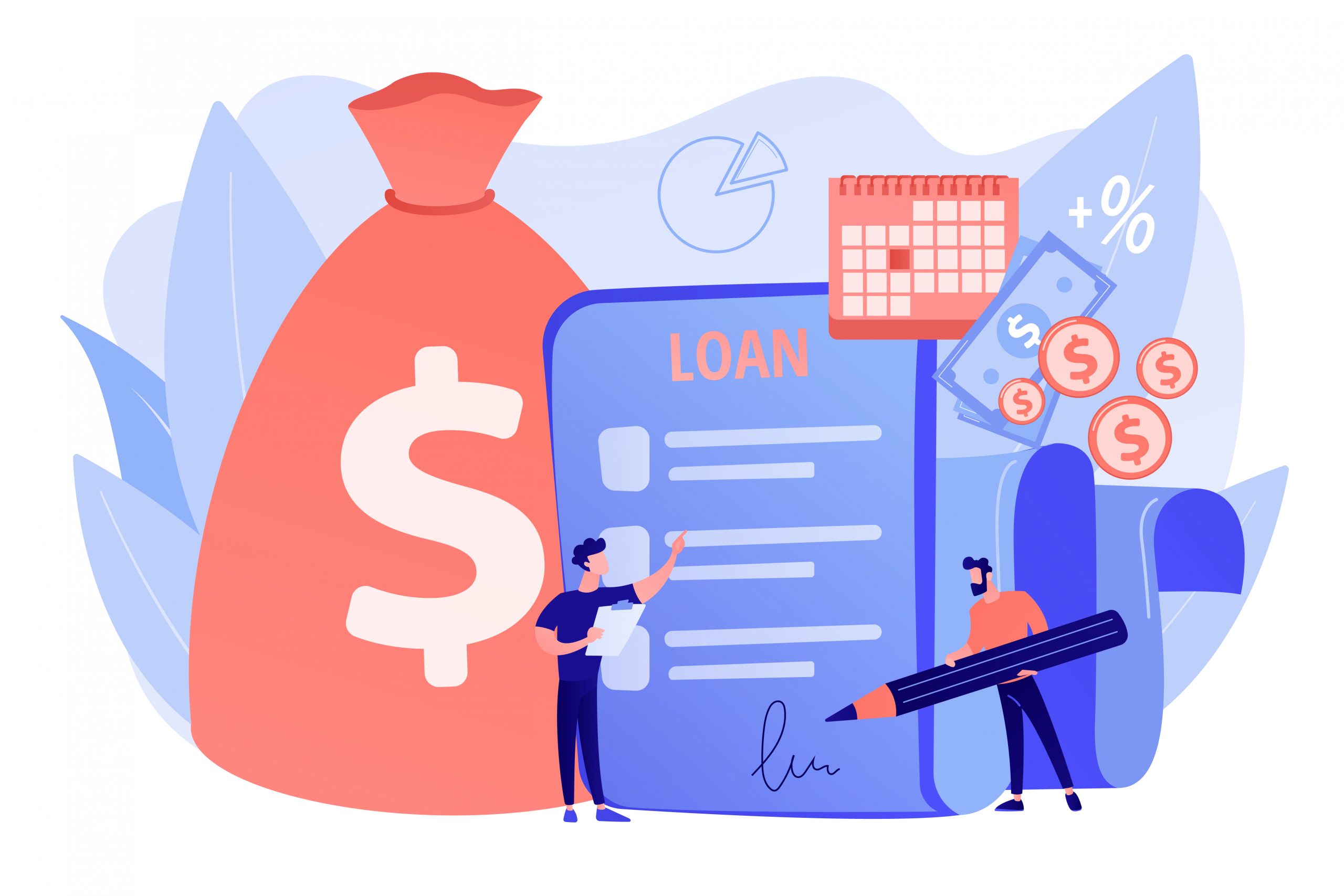You are rushing to get your hands on some much-needed cash when someone recommends getting a personal loan as a practical option. You apply for one and wait patiently. But unfortunately, your personal loan has been rejected!
If you have been in this kind of situation before, you know how frustrating it is, to say the least. But there’s no need for you to worry. Your loan rejection could serve as an eye-opener to help you resolve potential red flags on your existing financial status.
Sean Martin D. Plantado, head of customer service at Digido.ph, notes that understanding the causes of rejection might boost your chances of getting your next personal loan application approved.
Common Reasons Why Your Loan Keeps Rejected
Here are some reasons your loan always gets rejected and tips on how to solve loan problems in the Philippines.
- You have a bad credit score
Remember that credit history is the reflection of your repayment and borrowing activities. It appears reassuring to banks if you make payments on time and have no arrears within the past twelve months.
Nonetheless, the bank might peg you as a major risk if you’re a not-so-good paymaster, and miss payments (or worse, you have defaulted on a loan). In this case, they can even add you to a blacklist.
- You have too many loans
Suppose the bank finds that you’re over-committed to too many loans. You might not get another loan approved. The bank will check your other loan commitments like car and house repayments, personal loans, and credit card dues.
Even though banks will have a different threshold to determine if you’re over-committed, the general rule is that many adhere to the sixty percent benchmark. Also, your monthly repayments must not exceed sixty percent of your net salary.
- You don’t have a credit history
Bad credit history will most likely become the death of your loan application. But so, it will be if you have no credit history.
It is not a bad thing to have zero experience with credit cards or loans. However, how are banks supposed to gauge your status as a solid paymaster?
A good track record of timely repayment shows the bank that you know the commitment before you, as you’ve upheld your end of the bargain in the past.
Still, that doesn’t need to be the nail in the coffin for your application. A few banks are eager to overlook that by providing a smaller loan amount with higher interest.
- Your income falls short of the bank’s requirements
Banks normally have a minimum income prerequisite for loan applications. But on top of that, others set internal limits to how much somebody can borrow based on their income level. That differs from one bank to another.
Also, banks are less eager to consider commissions as part of the salary with which they consider eligibility. If most of your income comes from sales commissions, you may have an issue getting approved for a loan.
Most bankers are well-experienced with approval rates and your possibility of success. Thus, if you’re concerned, talk to your bank representative about potential snags in the application.
If your salary is on the lower side of things, other banks will still provide loans, but the interest rate will be higher.
What Can you Do If Your Loan Application Has Been Turned Down?
It could be simply one major concern or a mix of problems that result in your rejection. It is always helpful to understand the issue behind your situation. In that case, try to speak directly to the bank for an answer.
Nonetheless, you know that not all bank officers will be so friendly. It is also not common for failed applicants to be left without explaining why their loan applications were rejected. Still, that does not suggest you must give up and think this is the end of the road for you.
- Bring your loan application to another bank
Interestingly, the bank has a unique way of defining and measuring creditworthiness. Thus, if you have been denied a loan at one bank, it’s not true that other banks will decline your loan application as well.
You may like to consider applying again at other banks. Who knows? They may be more open to accepting your financial position. Perhaps, they may have a loan made to match your scenario more closely.
- Patiently wait and improve your credit score
It’s a smart idea to acquire your personal credit report. Once you have done that, check the report details for potential disputes. If you find any, get in touch with the bank in question to seek resolution and clarification ASAP.
- Get a loan from a trusted lender
There is also another option for you. If the banks have repeatedly rejected your personal loan applications, you can try to get a loan with a licensed lender instead. These money lenders legally lend out money at interest, but they are not considered banks because they do not provide other services that banks do.
Every licensed lender does as a business is providing loans, so they are more likely to be forgiving when it comes to approving your loan applications. That’s why you can try them if you need some cash.
But you must remember one crucial thing if you’re applying from a licensed moneylender. Their interest rates are greater than those of a bank’s personal loan. Also, they tend to charge interest rates of about twelve to eighteen percent, while the bank can give out loans with interest rates that could go as low as three to four percent.
Certainly, it’s a lot simpler to get a loan from a certified moneylender than a bank, but it will come at a price.
So, now that you are more versed about the reasons behind your loan application being rejected and the steps on how to solve loan problems, hopefully, you can apply that knowledge to your next search for a personal loan.
Keep in mind that you don’t need to visit all banks and licensed moneylenders out there to do your research. We wish you the best of luck in your journey!


